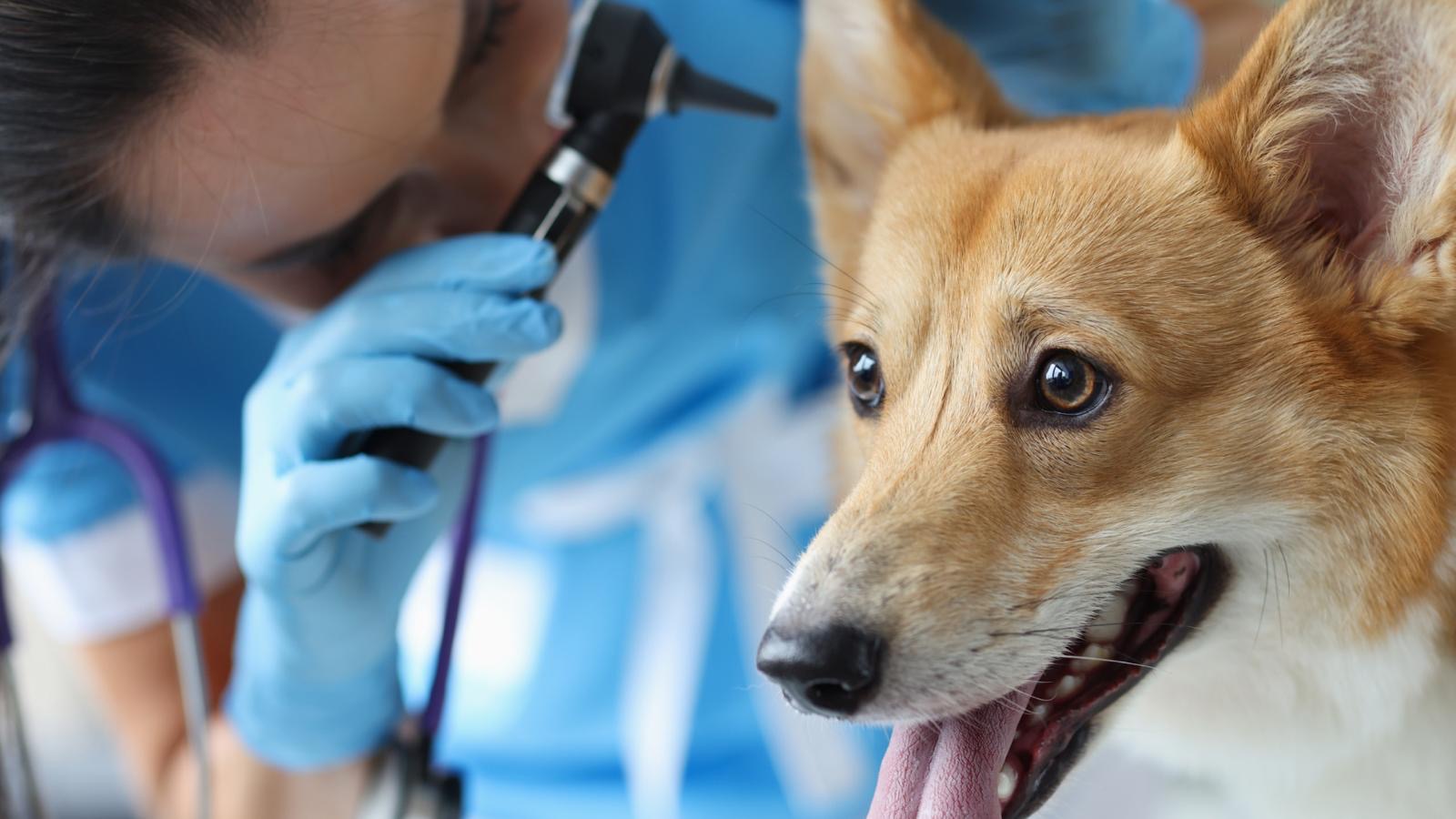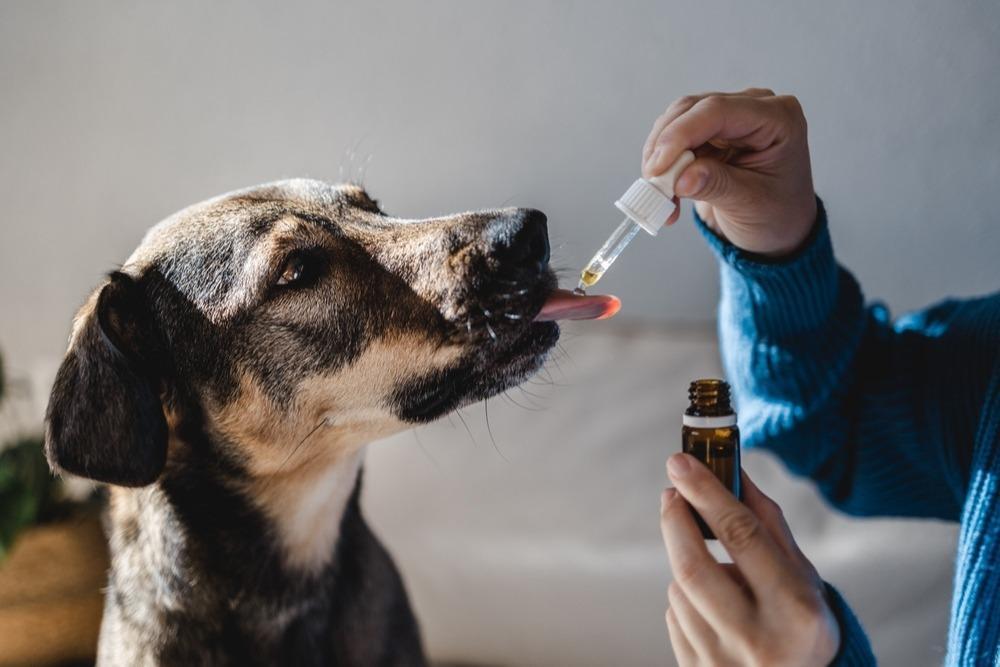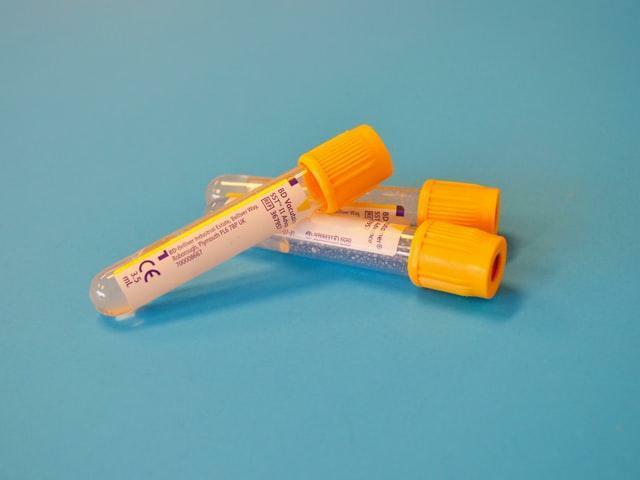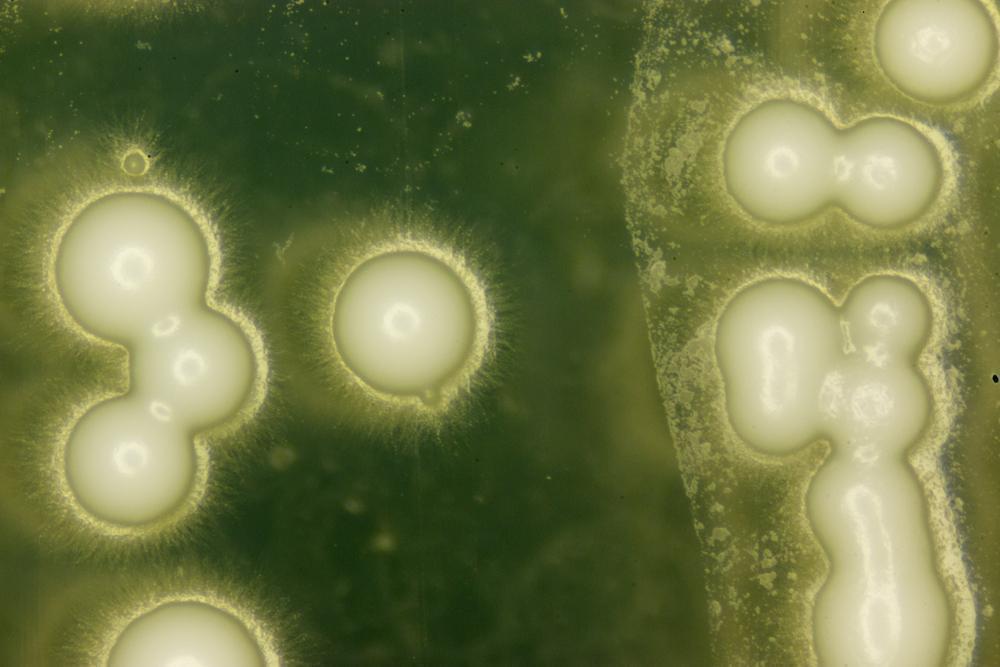It makes sense that fussy eaters may be low in certain nutrients simply because they aren’t eating the required nutrients to thrive, but would you be surprised to learn that certain nutrients that we find low in fussy eaters could actually be contributing to the abnormal eating behaviour too?
Let’s take a look at some of the nutrients we regularly target in dogs who are fussy eaters.
5HTP
5-hydroxytryptophan (5-HTP) is a chemical that the body makes from the amino acid tryptophan.
After tryptophan is converted into 5-HTP, the chemical is changed into another chemical called serotonin (a neurotransmitter that relays signals between brain cells).
But what we’re particularly interested in is that serotonin pathways modulate eating patterns and serotonin dysregulation is regularly implicated in eating disorders in humans. This is why selective serotonin reuptake inhibitors (SSRIs) are regularly used in the treatment of eating disorders. These medications keep serotonin hanging around a little longer, meaning it’s effects can be more noticeable.
Animal data has also indicated that when you knock out serotonin receptors, eating disorders quickly follow.
Findings Here
You won’t find 5HTP in food, but you will find the amino acid tryptophan. Sources of tryptophan include turkey, chicken, pumpkin, sunflower seeds, and seaweed. 5HTP is generally found in supplement form.
Zinc
Zinc is required by humans and animals for many physiological functions, such as growth, immune function, and reproduction.
Zinc deficiency induces several physiological issues including anorexia, growth retardation, dermatitis, taste disorder, and hypogonadism.
There is increasing evidence that suggests zinc deficiency may be intimately involved with anorexia in humans; if not as an initiating cause, then as an accelerating or exacerbating factor.
Study after study have highlighted that a decrease in appetite is the first visible sign of zinc deficiency, and it occurs well in advance of any other symptom.
Subsequently, data has indicated that supplemental zinc rapidly stimulates food intake in zinc deficient animals.
Findings Here
To learn more about zinc’s role in the body and for some great sources to add to your dog’s diet, check out our blog:
Why Zinc is So Important for Your Dog
Vitamin D
Humans with eating disorders regularly show a high prevalence of vitamin D deficiency and as it plays such a wide-reaching role through the body, this is certainly a nutrient to target in the fussy dog.
Despite its name, Vitamin D is a hormone that promotes calcium absorption. Its role in bone health is why we often see humans with eating disorders suffering osteoporosis and osteopenia.
Whilst Vitamin D is usually associated with skeletal issues, low levels are often associated with autoimmunity, infectious disease, diabetes, cardiovascular disease, obesity, neuromuscular disorders and cancer too.
But it also plays a role in brain health, and this could influence eating behaviour.
Vitamin D receptors are widespread in brain tissue, and it has a role in cell growth, neurogenesis, neuroprotection, detoxification, and reduction of inflammation.
Findings Here
To learn more about Vitamin D’s role in the body and for some great sources to add to your dog’s diet, check out our blog:
The Importance of Vitamin D for Cats and Dogs
Magnesium
In a recent blog we explored how stress can be a factor for dogs who are fussy eaters and so it’s no surprise that magnesium status should be a consideration.
Magnesium deficiency and stress seemingly come hand in hand. Many studies, both in pre-clinical and clinical settings, have investigated the interaction of magnesium with key mediators of the physiological stress response. It seems that magnesium plays an inhibitory role in the regulation and neurotransmission of the normal stress response.
In addition, low magnesium status has been reported in several studies assessing nutritional aspects in subjects suffering from psychological stress or associated symptoms. This overlap suggests that stress could increase magnesium loss, causing a deficiency; and in turn, magnesium deficiency could enhance the body’s susceptibility to stress, resulting in a magnesium and stress vicious circle.
Let’s compare the most frequent signs of both stress and magnesium deficiency:
Symptoms of stress:
- Fatigue
- Nervousness
- Lack of energy
- Digestive discomfort
- Muscle tension
- Sadness
Symptoms of magnesium deficiency:
- Tiredness
- Nervousness
- Muscle weakness
- Gastrointestinal spasms
- Muscle cramps
- Nausea/vomiting
- Sleep disorders
Low levels of magnesium can be observed in response to mid- or long-term exposure to stress. A study conducted on guide dog candidates at different levels of a training program (elementary, intermediate, and advanced) showed the effects of temperature and physical stress on serum magnesium levels.
First, it was demonstrated that serum magnesium levels were significantly lower in winter than in summer, suggesting an impact of seasonality on magnesium homeostasis.
Secondly, it was noticed that physical exercise had a greater impact on serum magnesium levels of dog candidates in the elementary class compared to more trained ones; this highlights the role of stress as an adaptation and as the body adjusts, it uses less resources.
Findings Here
To learn more about magnesium’s role in the body and for some great sources to add to your dog’s diet, check out our blog:
Why Magnesium is So Important to Your Pet
We would always advocate a food first approach, but in the case of the fussy eater, this becomes a challenge. We would entice with palatable foods wherever possible, but supplementation may be a consideration in cases of low nutrient status or deficiency.
If you are struggling with a fussy eater and would like to get a plan together with a qualified professional, please check out our services to see how we can help.
Thanks for reading,
MPN Team









































































